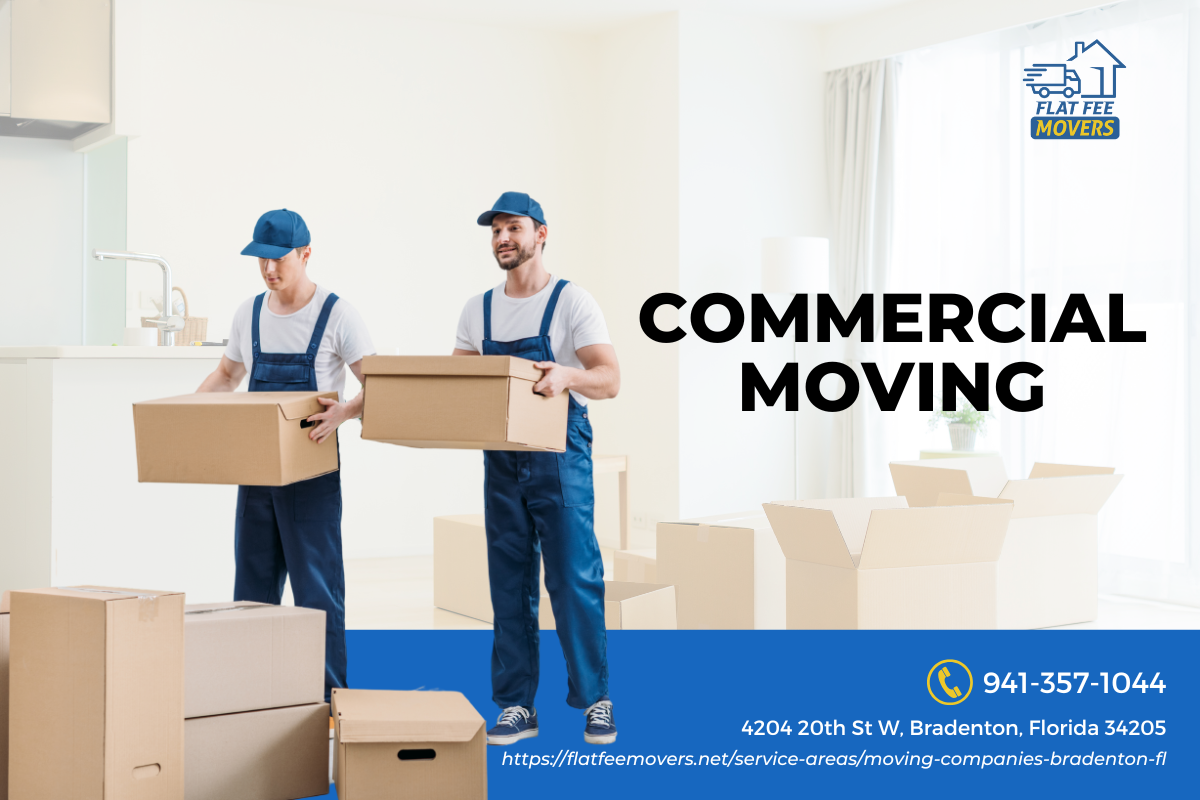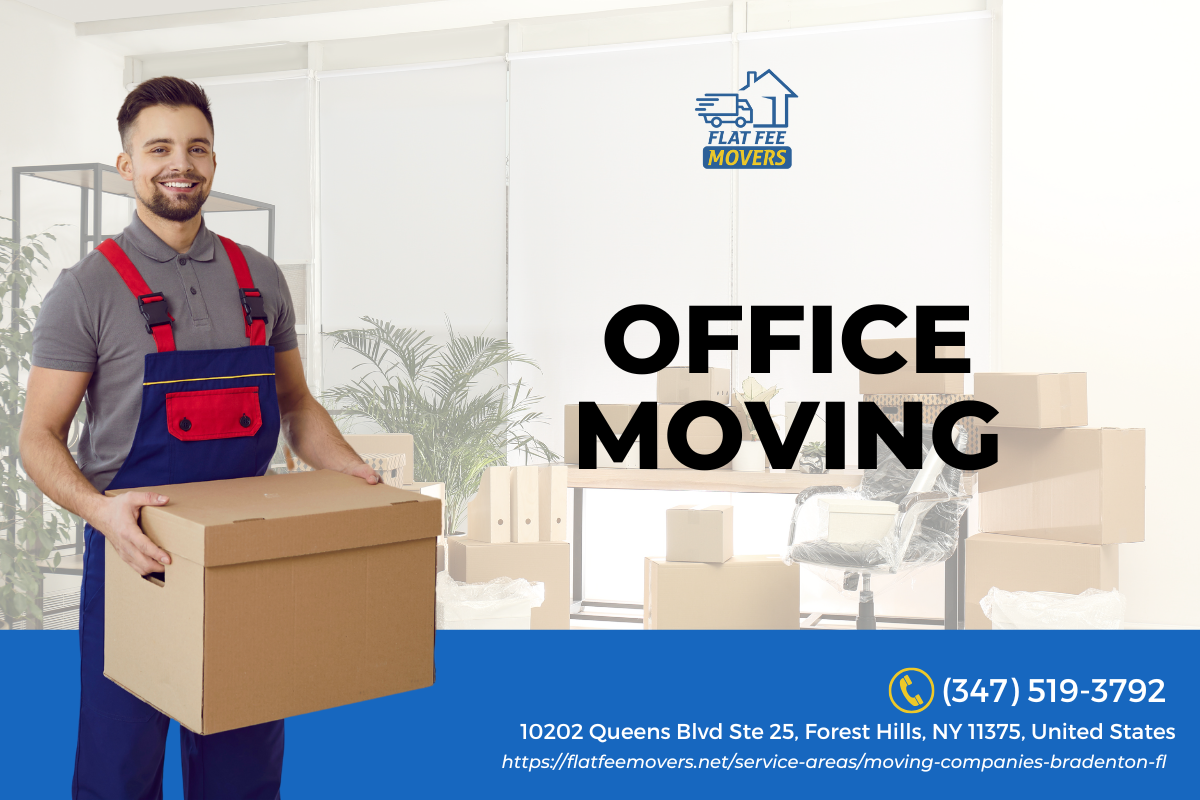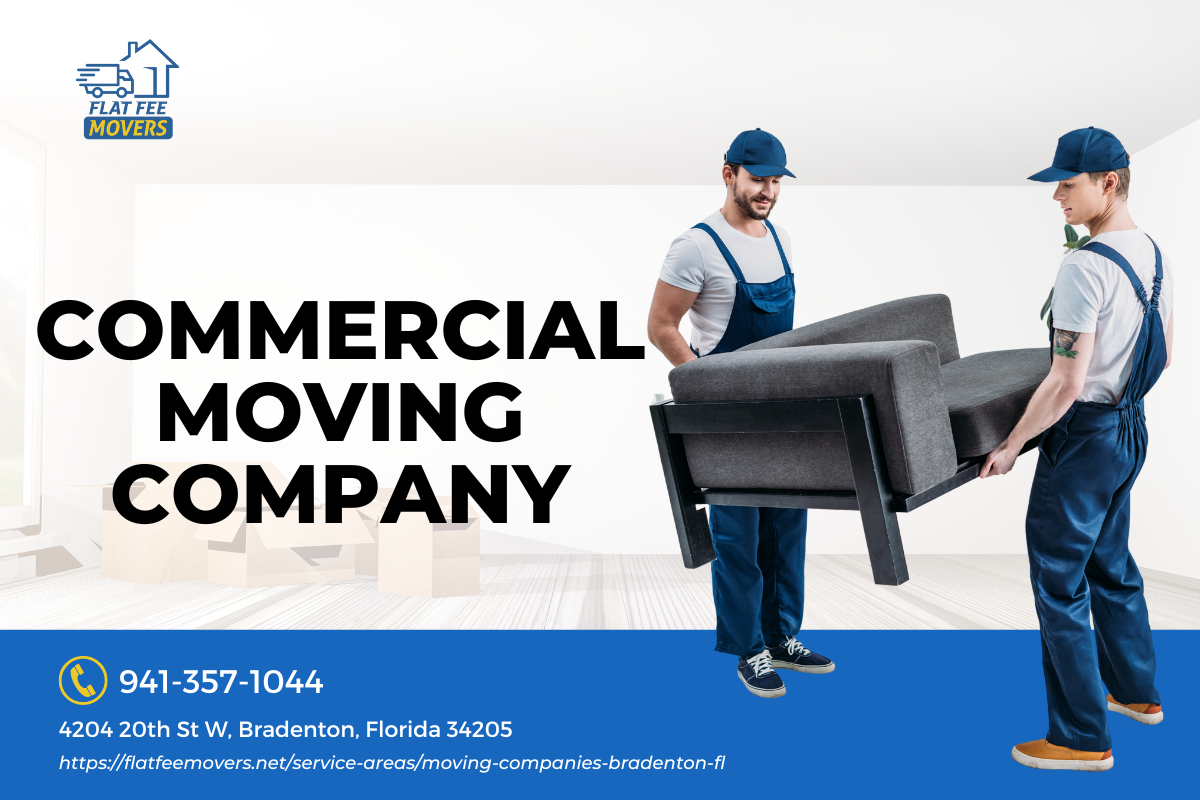


Introduction
Moving a commercial business from one location to another can be a daunting task. There are many factors to consider in order to ensure a smooth and successful transition. One of the most important http://fernandouprk223.theglensecret.com/business-relocation-services-making-your-transition-seamless-and-stress-free aspects of the moving process is budgeting. Proper budgeting will help you allocate your resources effectively and avoid any unexpected expenses. In this article, we will discuss the key factors that should be taken into account when budgeting for a commercial move.
Factors to Consider When Budgeting for a Commercial Move
Determining the Scope of the Move
Before starting the budgeting process, it is crucial to determine the scope of your commercial move. This includes assessing the size of your business, the number of employees, and the amount of equipment, furniture, and inventory that needs to be relocated. By having a clear understanding of the scope, you can accurately estimate costs and plan accordingly.
Hiring Commercial Movers
One of the most important decisions you will make during your commercial move is hiring professional commercial movers. These experts have experience in handling all types of moves and can provide invaluable assistance throughout the process. When selecting a commercial moving company, it is important to consider their reputation, experience, and pricing structure. For example, if you are in Bradenton, you should consider hiring reputable commercial movers such as "Commercial Movers Bradenton" who specialize in commercial moves in that area.
Conducting a Site Visit
In order to provide an accurate quote, many reputable commercial movers will conduct a site visit prior to the move. During this visit, they will assess your current location and take note of any challenges or special requirements that may impact the cost of the move. By conducting a site visit, both you and the moving company can have a clear understanding of what needs to be done and how much it will cost.
Creating a Moving Timeline
Creating a detailed moving timeline is essential for a successful commercial move. This timeline should outline all the tasks that need to be completed before, during, and after the move. By breaking down the process into smaller, manageable steps, you can allocate resources more effectively and ensure that everything is completed on time. This will help you avoid any unnecessary delays or additional costs.
Packing and Unpacking Services
When budgeting for a commercial move, it is important to consider whether you will require packing and unpacking services. Some commercial movers offer these services as part of their package, while others may charge an additional fee. It is important to discuss this with your chosen moving company in order to understand the cost implications.
Insurance Coverage
Accidents can happen during a move, so it is important to ensure that your business is properly insured. When budgeting for a commercial move, it is crucial to factor in the cost of insurance coverage. This will provide you with peace of mind knowing that any damages or losses incurred during the move will be covered.
Equipment and Furniture Disassembly/Assembly
Depending on the nature of your business, you may have equipment or furniture that requires disassembly and assembly during the move. It is important to factor in the cost of this service when budgeting for your commercial move. Some moving companies offer this service as part of their package, while others may charge an additional fee.
Moving Supplies
In addition to hiring professional movers, you will also need various moving supplies such as boxes, packing tape, bubble wrap, and labels. These supplies can add up quickly, so it is important to include them in your budget. You may also want to consider recycling or reusing boxes and other materials in order to save costs.
Temporary Storage
If there is a gap between when you vacate your current location and when you can move into your new one, you may need temporary storage for your belongings. It is important to budget for this cost, as it can vary depending on the duration and size of the storage unit required.
Utilities Setup and Disconnection
When moving your business to a new location, you will need to set up utilities such as electricity, water, internet, and phone services. It is important to include the cost of these services in your budget. Additionally, you will also need to disconnect utilities at your current location. Make sure to communicate with service providers ahead of time to avoid any unnecessary fees.
Employee Relocation Expenses
If you are moving your business to a new city or state, you may need to consider employee relocation expenses. This can include costs associated with moving employees' belongings, temporary housing, and travel expenses. It is important to factor in these costs when budgeting for your commercial move.
Communication and Change Management
Moving a business can be a stressful experience for employees. It is important to allocate resources for effective communication and change management throughout the process. This can include updating employees on the progress of the move, addressing any concerns or questions they may have, and providing support during the transition period.
IT Infrastructure Setup
In today's digital age, setting up IT infrastructure is an essential part of any commercial move. This includes transferring data, setting up servers and networks, and ensuring that all systems are operational at the new location. It is important to allocate resources for IT setup when budgeting for your commercial move.
Cleaning Services
Before vacating your current location, it is important to leave it clean and in good condition. Hiring professional cleaning services can ensure that this task is done efficiently and effectively. When budgeting for your commercial move, make sure to include the cost of cleaning services if needed.
Furniture and Equipment Upgrades
Moving can be an opportunity to upgrade your furniture and equipment. However, it is important to consider the cost implications of these upgrades when budgeting for your commercial move. Determine whether the benefits of upgrading outweigh the costs, and make an informed decision based on your business needs.
Disposal of Unwanted Items
During a commercial move, you may come across items that you no longer need or want. It is important to budget for the disposal of these items. This can include costs associated with recycling, donating, or disposing of unwanted furniture, equipment, and other materials.
Regulatory Compliance
Depending on the nature of your business, there may be regulatory compliance requirements associated with your move. It is important to factor in the cost of meeting these requirements when budgeting for your commercial move. This can include permits, licenses, inspections, and other related expenses.
Contingency Fund
No matter how well you plan, there are always unexpected costs that can arise during a commercial move. It is important to allocate a contingency fund in your budget to account for these unforeseen expenses. This will help you avoid any financial surprises and ensure that you have enough resources to handle any challenges that may arise.
FAQs
Q: How much does it cost to hire commercial movers? A: The cost of hiring commercial movers can vary depending on various factors such as the size of your business, the distance of the move, and additional services required. It is recommended to get quotes from multiple moving companies to compare prices and choose the one that best fits your budget.
Q: Can I save money by packing my own belongings? A: Packing your own belongings can save you money in terms of labor costs. However, it is important to consider the potential risks involved in DIY packing. Professional movers have experience in packing items securely and efficiently, reducing the risk of damage during transit.
Q: Are there any hidden costs associated with a commercial move? A: While reputable moving companies strive to provide transparent pricing, there may be additional costs that arise during the moving process. It is important to carefully review the terms and conditions of your contract and discuss any potential additional costs with your chosen moving company.
Q: How far in advance should I start budgeting for a commercial move? A: It is recommended to start budgeting for a commercial move as soon as you have made the decision to relocate. The more time you have to plan and allocate resources, the smoother the transition will be.
Q: Can I negotiate prices with commercial movers? A: It is possible to negotiate prices with commercial movers, especially if you are able to provide them with accurate information about your move and any competing offers you may have received. However, it is important to remember that quality of service should be a priority over cost when selecting a moving company.
Q: What happens if there are delays during the move? A: Delays can happen during a commercial move due to various reasons such as traffic, weather conditions, or unforeseen circumstances. It is important to discuss potential delays with your chosen moving company and have a contingency plan in place to minimize any negative impact on your business.
Conclusion
Budgeting for a commercial move requires careful consideration of various factors. By taking into account the scope of the move, hiring professional movers, conducting site visits, creating a moving timeline, and factoring in all relevant costs such as packing services, insurance coverage, utilities setup, employee relocation expenses, and IT infrastructure setup, you can ensure a smooth and successful transition for your business. Additionally, allocating resources for communication and change management, cleaning services, furniture and equipment upgrades, disposal of unwanted items, regulatory compliance requirements, and a contingency fund will help you navigate any challenges that may arise during the moving process. With proper budgeting and planning, you can minimize stress and financial surprises while setting up your business at its new location.